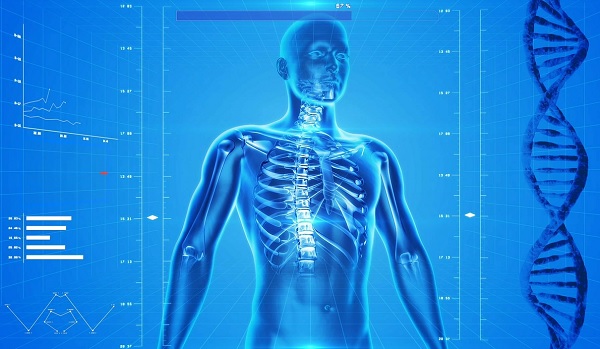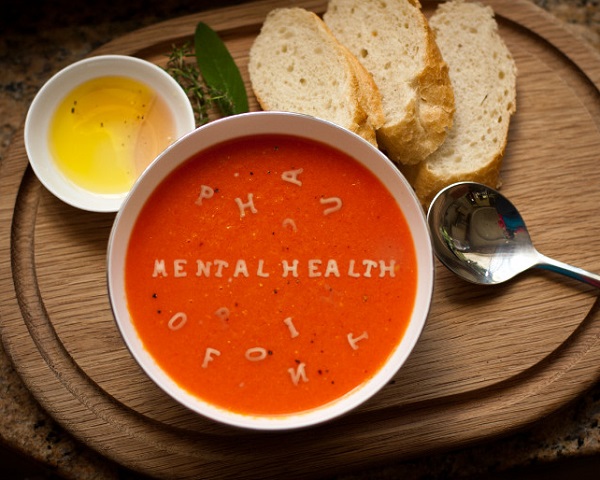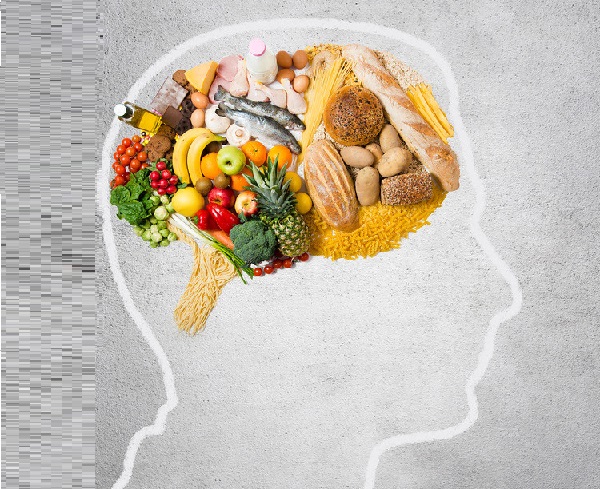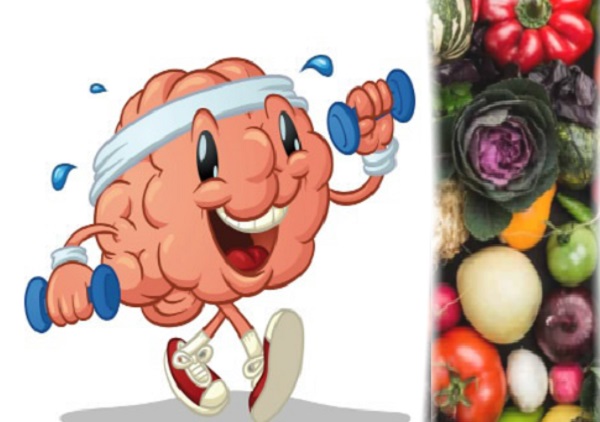
The brain is the most important organ in your body, controlling every bodily function, including your heartbeat, breathing, and everything else. Vital as it is, there is very little effort put into eating the most nutrients that help the brain. Despite offering so much, your brain only needs enough iron to transport oxygen, omega 3 to keep its cells in good shape, Vitamin B12 and other vitamins, antioxidants, and water just like the rest of your body.
Brain health can deteriorate as you age. Signs of dementia and Alzheimers can arise for a number of factors. Nutritional deficiency, medication side effects, and tumors are some of the causes. Most elderly suffering from neurological issues would need help from an in-home care professional from somewhere like Care For Family (an institution that provides in-home care eastern suburbs of Sydney). Family members may not always have the resources or understanding to care for those ailing from dementia and Alzheimer’s. However, in-home healthcare providers tend to have the training to monitor how and when they should give the medications; and what kind of diet would help the patients recover faster. Nutritional deficiency can also affect the immune system, as you might already know.
You may need a whole range of nutrients to maintain your immune system, which fights zombie cells from multiplying and spreading. Damaged cells are called zombie cells that, instead of dying, keep multiplying and functioning like any other cells. These can overall affect the immune system and cause chronic diseases related to the brain and heart. However, with better immunity and a healthy lifestyle, you can prevent the occurrence of these zombie cells. You can additionally do research on how to get rid of zombie cells to diminish the chance of getting brain diseases. Furthermore, eating more of these 10 foods every day will give your brain the nutrition it needs to stay in good shape for long.
Oily Fish
Oily fish like salmon, trout, and tuna are the powerhouse of omega 3 fatty acids which form an important part of the cell membrane in your brain cells. Eating fish regularly has also been linked with reduced chances of memory decline and reduced risk of Alzheimer’s disease. Omega 3, which can also be taken in the form of supplements similar to those you can find on https://cleanwellness.com/health/, could aid in children’s brain development and improve their cognitive skills. Eating oily fish also helps in the manufacture of more grey matter in your brain which helps improve the health of your nervous system.
Pumpkin Seeds
Seeds are actually superfoods that many people rarely tap into. They carry zinc which is vital to the health of your nervous system. Zinc deficiency leads to poorly coordinated nerve signals which can cause Alzheimer’s disease and Parkinson’s. Pumpkin seeds also have iron and magnesium which are essential for keeping a sharp memory and transporting oxygen to the brain and nerve cells. Pumpkin seeds also have omega 3 fatty acids which are vital for good brain health.
Eggs
When it comes to eggs, most people only mention Vitamin D which is a great antioxidant that helps keep cells healthy. Eggs also have another anti-inflammatory called choline that helps prevent inflammation between brain cells. Choline is also good for developing the brain in children helping them have a sharp memory and preventing inflammation.
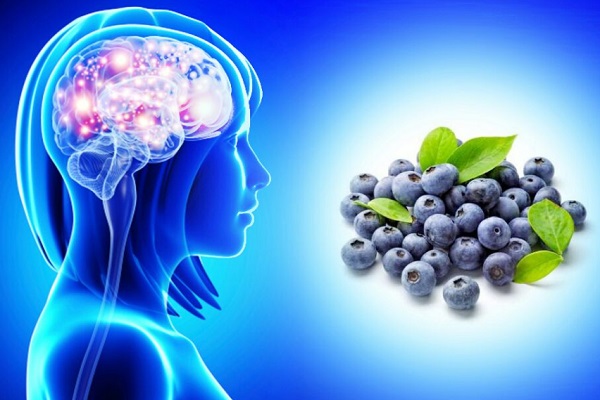
Blueberries
Blueberries and coloured berries are recommended as the superfoods that help your body fight diseases that attack brain cells. Neurodegenerative diseases attack your brain harder when you don’t have sufficient antioxidants in your body. Blueberries and other coloured berries have been found to contain antioxidants that are centred on your brain. The antioxidants accumulate in the brain and aid in communication between brain cells while preventing inflammation between cells.
Broccoli
You shouldn’t go through a day without any leafy vegetables because they contain essential minerals that your brain needs. The most important thing found in leafy greens, especially broccoli is Vitamin K which helps prevent blood clots and also binds to your cells including brain cells to promote effective communication. Broccoli is also rich in manganese, iron and magnesium which is why is specifically mentioned here. These micronutrients are vital for the coordination of brain and nerve cells in the body.
Nuts
Nuts are credited for preventing cognitive decline, especially in women. Research conducted in 2014 concluded that women who ate nuts continuously for years had a sharper memory than those who didn’t eat nuts. It all goes down to the high content of omega 3 fatty acids in nuts such as walnuts which helps brain cells stay healthy and prevents inflammation. Nuts are also rich in Vitamin E which is an important antioxidant that prevents oxidative stress and combats free radicals in your brain cells.
Liver
Liver is a superfood dense in Vitamins including Vitamin A than any other food in the world. The most important vitamin in the liver is Vitamin B12 which helps your body manufacture red blood cells. Red blood cells are essential in transporting oxygen in the body and your brain uses 20% of all the oxygen in your bloodstream. The liver also has iron which binds to red blood cells and helps transport oxygen and also keeps brain cells in good shape.

Citrus Fruits
Vitamin C is not just vital for your body’s immunity, it also helps prevent age-related decline in your brain cells. Eating a single medium-sized orange will deliver all the Vitamin C you need for a day. You should also eat lime or lemons alongside your daily meals whenever possible. Vitamin C is an antioxidant that prevents the development of proteins that cause cognitive decline.
Whole Grains
Just like seeds, whole grain packs calcium and other micro-minerals that are removed when the grain is processed and fortified. You, therefore, get more Vitamin K, Iron and Magnesium from whole grains foods such as oats which packs the body with antioxidants that prevent inflammation in brain cells.
Tea
Coffee helps you stay alert and is believed to be good for your brain but coffee isn’t as healthy as tea. Tea contains antioxidants including rare polyphenols that concentrate in your brain just like it is with blueberries. Green tea is especially preferred because it also carries amino acids that help coordinate brain waves to maintain your cognitive ability.

